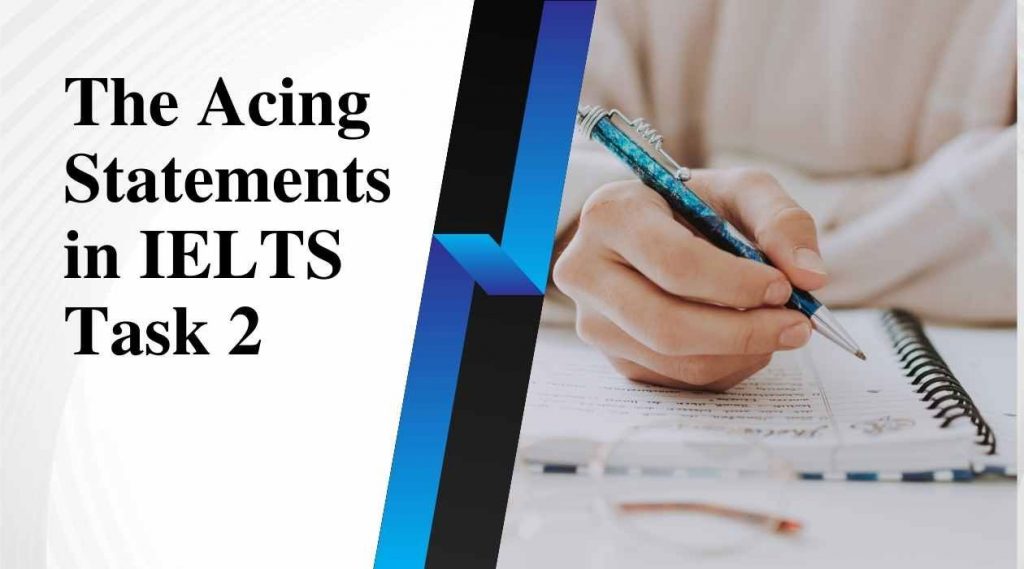This article provides essential tips and strategies to help you excel in IELTS Writing Task 2. Learn how to effectively structure your essay, use appropriate vocabulary, and present a strong argument to achieve a high band score.
IELTS Task 2 Writing Tips: How to Write a High-Scoring Essay
ELTS Writing Task 2 requires you to write an essay in response to a point of view, argument, or problem. It is a critical part of the IELTS exam that assesses your ability to present ideas coherently, support arguments, and use a range of vocabulary and grammar. Here are some valuable tips to help you succeed in Task 2:

- Understand the Essay Types
IELTS Task 2 essays can be categorized into several types:- Opinion Essays: You need to state your opinion and support it with arguments and examples.
- Discussion Essays: You discuss both sides of an issue and provide your perspective.
- Problem-Solution Essays: You identify a problem and propose one or more solutions.
- Advantages and Disadvantages Essays: You outline the benefits and drawbacks of a situation or idea.
Recognize the type of essay required and tailor your response accordingly.
- Analyze the Question Carefully
Spend a few minutes analyzing the prompt to understand what is being asked. Identify the keywords and decide on your stance or main points. Make sure you address all parts of the question to avoid losing marks. - Plan Your Essay
Spend 5 minutes planning your essay before you start writing. Outline your main ideas and supporting points. A well-organized essay will help you write more coherently and avoid going off-topic. A typical essay structure includes:- Introduction: Paraphrase the question and clearly state your thesis or main argument.
- Body Paragraphs: Each paragraph should present a single main idea, supported by examples or evidence.
- Conclusion: Summarize your main points and restate your opinion or recommendation.
- Use a Variety of Vocabulary and Grammar
Aim to use a wide range of vocabulary and grammatical structures. Use synonyms to avoid repetition and demonstrate your language proficiency. Make sure your sentences are varied in length and structure to keep the writing dynamic and engaging. - Present Clear and Coherent Arguments
Ensure that your ideas flow logically. Each paragraph should start with a clear topic sentence that introduces the main idea, followed by supporting details or examples. Use linking words (like “moreover,” “however,” “in addition”) to connect your points and guide the reader through your argument. - Use Relevant Examples
Support your arguments with relevant examples from your knowledge, experience, or current events. Specific examples help to clarify your points and make your arguments more convincing. - Manage Your Time Effectively
You have 40 minutes to complete Task 2. Allocate around 5 minutes for planning, 30 minutes for writing, and 5 minutes for reviewing. Practicing with timed exercises can help you become comfortable with this pace. - Be Mindful of Word Count
You must write at least 250 words. Writing fewer words can result in a penalty, so aim for 260-280 words to ensure you meet the requirement. Avoid writing too much, as this might lead to more errors. - Proofread Your Work
Use the last 3-5 minutes to check your essay for spelling, punctuation, and grammatical errors. Correcting simple mistakes can help you improve your score and make your writing more polished. - Practice Regularly
Regular practice is crucial for improving your writing skills. Write essays on a range of topics, get feedback from teachers or peers, and work on areas where you need improvement.
By following these tips, you can enhance your skills and confidently tackle the IELTS Writing Task 2. Remember, preparation and practice are key to achieving a high band score!
